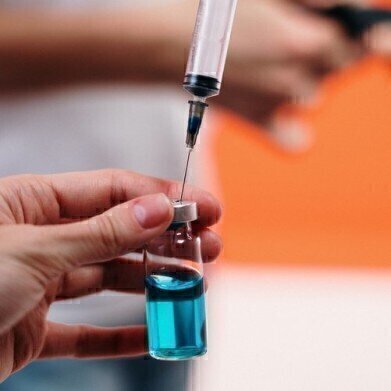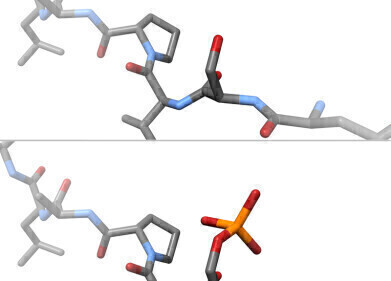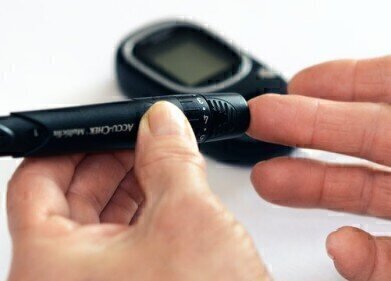Affinity
Can Chromatography Improve Protein Tagging?
Oct 03 2020
Proteins are integral to out health and wellbeing. Proteins are involved in catalysing reactions, replicating DNA, helping us to fight or run, transporting molecules, and providing structure – alongside a multitude of other functions including looking buff on the beach. And whilst we may understand quite a lot about protein structures and how they are built, we know much less about how they work and move. Researchers need to be able to track and trace natural and engineered proteins in the body so that they can understand more about proteins, how they function and form and also how they are affected by changes in the body.
Traditionally, this has involved tagging the protein. Unfortunately, current tags can interfere with the proteins function and even alter the way the protein reacts. A recent study published in the journal Frontiers in Plant Science researchers from the University of Tsukuba in Japan have described anew tagging system for detecting and purifying proteins in plant cells. The method uses RAP tags and chromatography plays apart in how we can track and trace proteins.
RAP tags and proteins
Proteins are key to how cells work and form. The ability to isolate and detect proteins allows us to understand how they work and which proteins are involved in each process. Researchers tag the protein of interest to allow them to track where the protein goes and which other proteins it might interact with. Protein tags are peptide sequences that can attach to a protein and allow researchers to track the protein.
There are many different types of tags currently used. But in the paper referenced above - RAP Tag and PMab-2 Antibody: A Tagging System for Detecting and Purifying Proteins in Plant Cells – describe a new affinity tagging system that was developed by the researchers at the University of Tsukuba. This system uses a short sequence called a ‘RAP tag’ to label the protein and an antibody from the plant Nicotiana benthamiana – a relative of the tobacco plant - called PMab-2 to detect the tag.
Chromatography separates the protein from its tag
As previously stated, tags can sometimes become a little too involved with the protein and alter the process. In a press release from the University of Tsukuba, Professor Miura, lead author on the paper, stated:
The high affinity and specificity of immunoaffinity chromatography using monoclonal antibodies makes it a very powerful tool, especially for the purification of proteins expressed at low levels.
The use of chromatography to separate and analyse compounds is discussed in the article, Quantification of Glyphosate, Glufosinate, and AMPA in Food via In-vial Addition of Pairing Agent. The new plant-based antibody PMab-2 developed by the team are cheaper than animal-based antibodies used in protein tagging. These proteins could also be purified from plant cells using the PMab-2 antibody, indicating that the RAP tag can be used for both protein detection and purification from soluble plant extracts.
Events
May 11 2025 Vienna, Austria
May 18 2025 Tempe. AZ, USA
May 21 2025 Birmingham, UK
Jun 01 2025 Baltimore, MD, USA
Jun 15 2025 Bruges, Belgium














